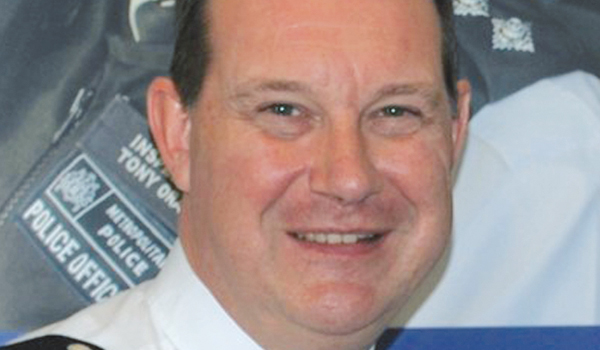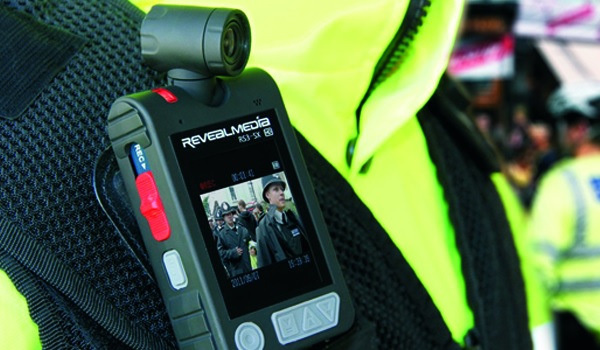Digital evidence pilot confirms efficiency and cost-saving benefits for forces
The National Policing Improvement Agencys (NPIA) digital evidence pilot, which incorporates electronic police notebooks and witness statements, is due to finish in November and although at an early stage, the pilot has already secured its first conviction of an offender.

The National Policing Improvement Agencys (NPIA) digital evidence pilot, which incorporates electronic police notebooks and witness statements, is due to finish in November and although at an early stage, the pilot has already secured its first conviction of an offender.
The aim of the pilot is to test the benefits of police officers on the beat using laptops and personal digital assistants (PDAs) to record information, rather than pen and paper, as part of a project to make the criminal justice process more efficient (see PP271, Quality driving efficiency, pp17-21).
In one recent case, a Surrey Police officer used an e-notebook while on patrol to record information about a fixed penalty notice issued for a road traffic offence. When the offender contested the penalty in court the officer was able to present the notes he had recorded on the PDA at the time of the incident. Once entered, the information cannot be altered which gave authenticity to the information presented as evidence which helped convict the offender.
Using processes developed by mobile data capture and management systems specialist Kelvin Connect, Surrey is one of two other forces taking part in the pilot which also involves Derbyshire Constabulary and Avon and Somerset Constabulary, while Hampshire Constabulary plans to join the pilot soon. Avon and Somerset officers are also using the technology to take witness statements electronically (see PP268, Speeding up justice, pp24-25).
Nick Deyes, NPIA head of the Information Systems Improvement Strategy (ISIS), said: Police notes and witness statements are a vital part of the criminal justice process as they are used as evidence. Therefore, it is crucial that these documents can be proven to be authentic and easily accessible to police officers and lawyers.
This new initiative will potentially allow frontline officers to type police notes and witness statements without having to return to the police station making the whole process more efficient and cost-effective at the touch of a button.
This NPIA-led bureaucracy-cutting initiative could potentially save forces significant money and time. For example, the current manual process for witness statements involves typing and scanning some of the details from the handwritten statements in to the force crime system which on average can take police staff in a force around 360 hours a month. A significant number of statements also require typing for court which can take on average over 500 hours a month. The results of the pilot are expected to show a significant reduction in these hours. Computerising the witness statement taking process could also save the police service more than £2 million per year on paper and administration costs.
In addition to this, up to a third of statements taken require the officer to immediately return to the station with it if, for example, it is needed as part of a major crime investigation. This new process could allow police officers on the beat to send the statement back to the police station and to criminal justice partners such as the Crown Prosecution Service (CPS) without having to return in person, therefore cutting bureaucracy and saving police officers time.
Assistant Chief Constable Tony Dawson from the Metropolitan Police Service, has joined the NPIA as ACC for the ISIS.




